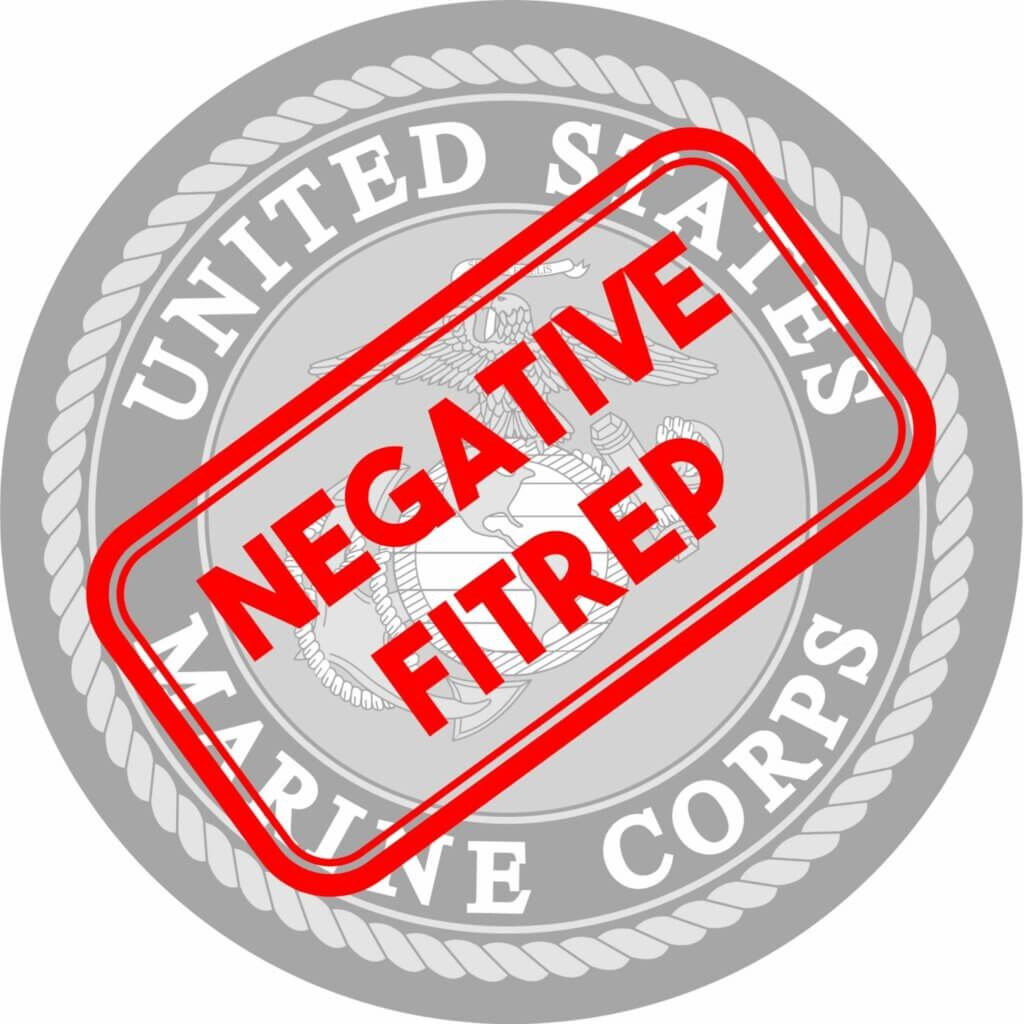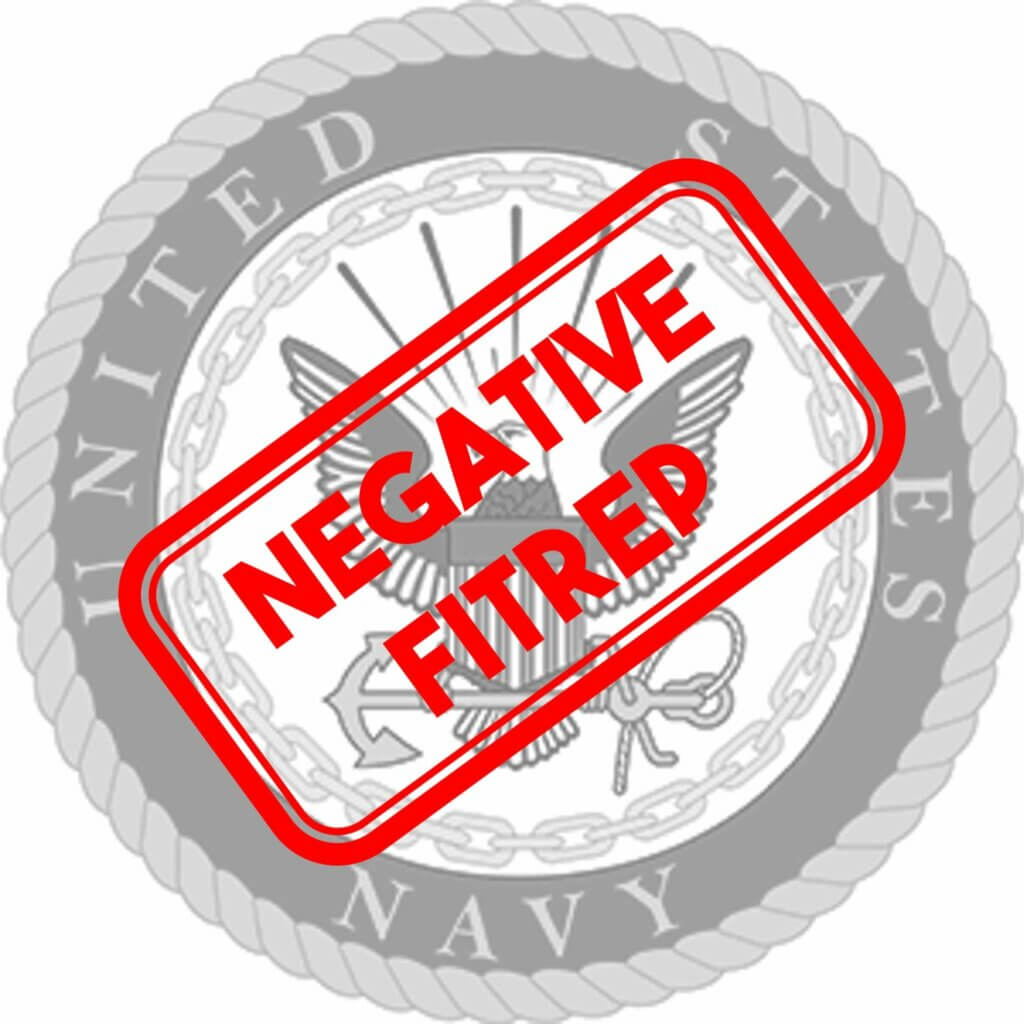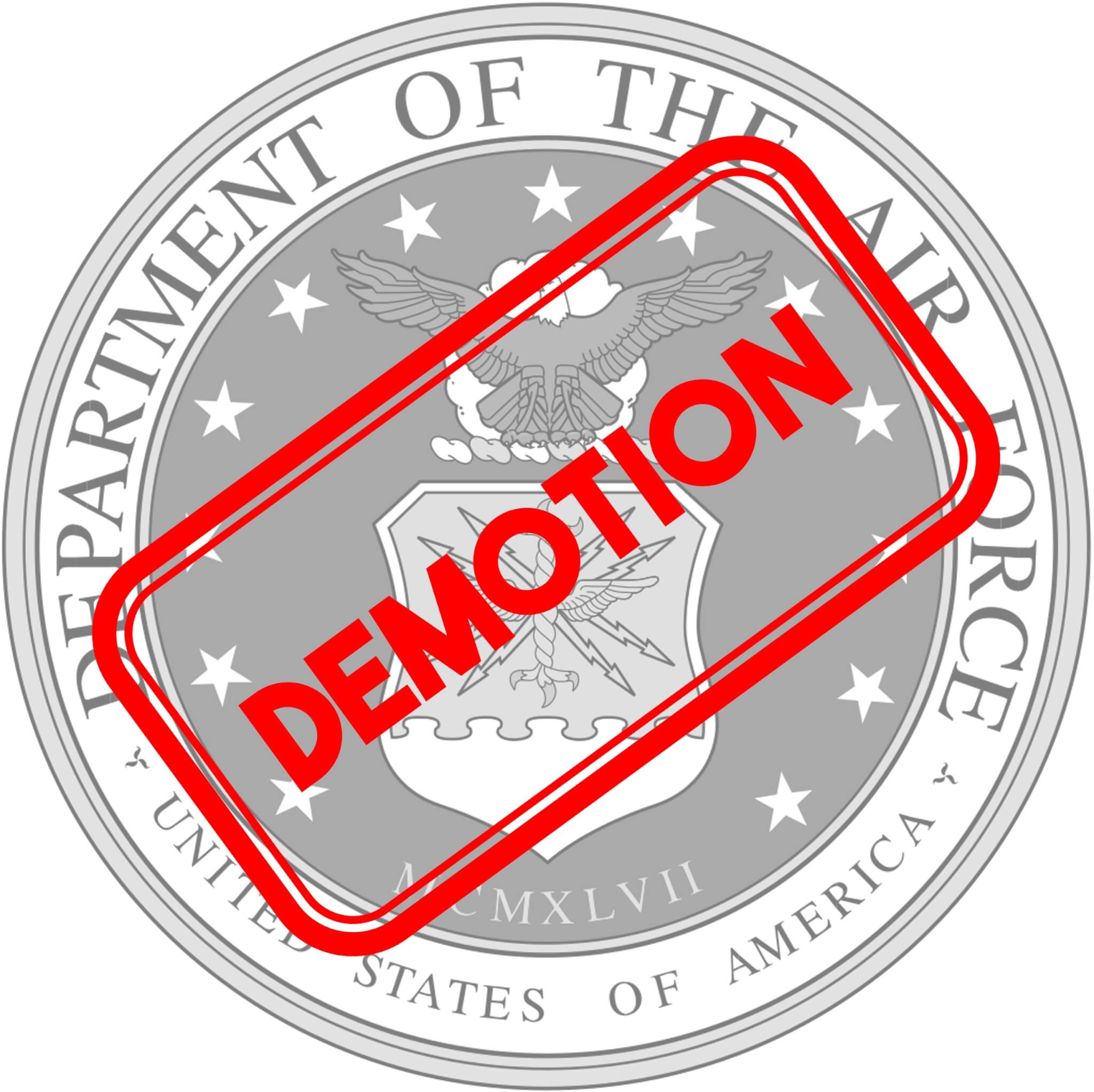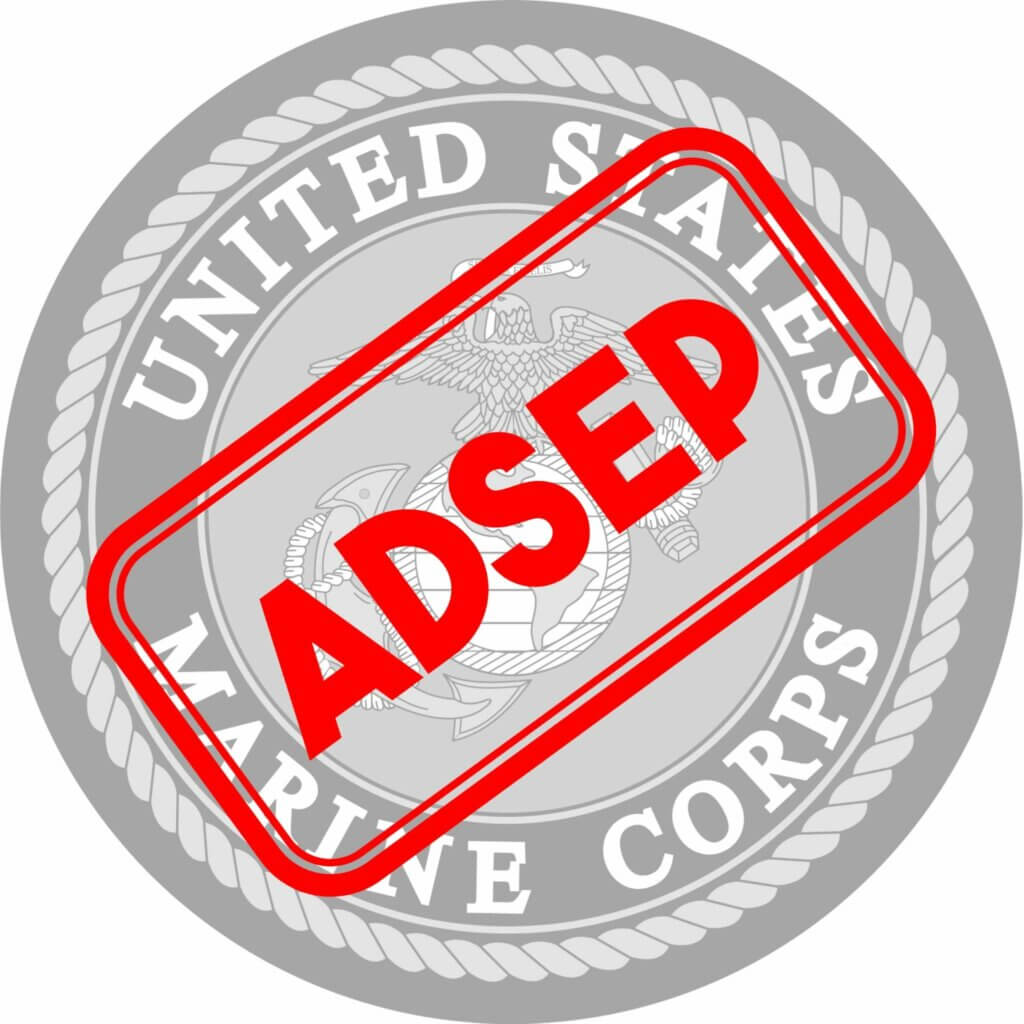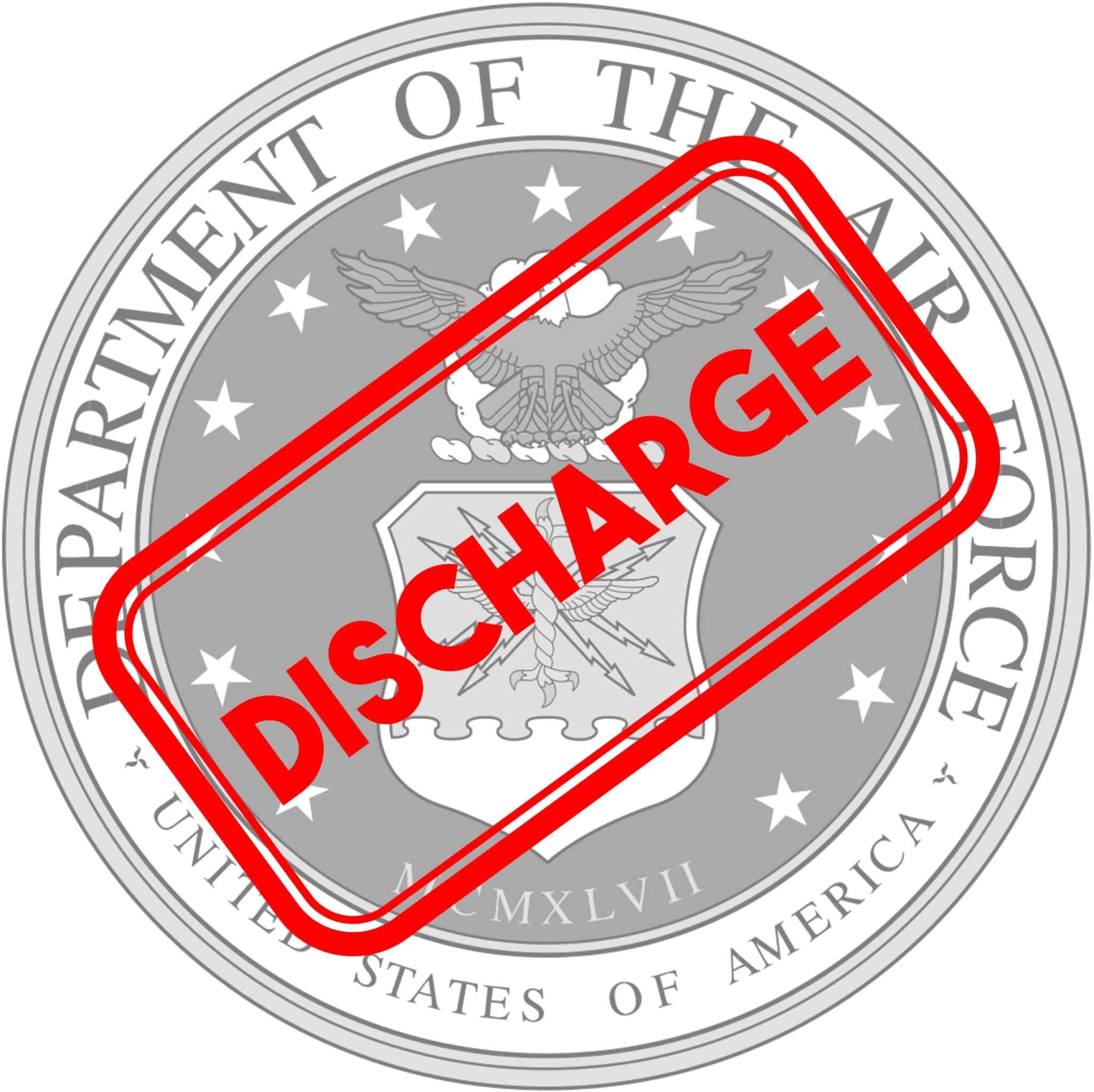3 Reliable Tips for Responding to a Space Force Demotion
Believe it or not, you can still be demoted when you make rank in the United States Space Force. Although most demotions occur when a Guardian violates the Uniform Code of Military Justice, there are ways for your command to take your rank even if you did not commit a crime or serious misconduct. Read below to learn more about Space Force demotions and our tips for responding if you are being demoted.
What is a Space Force Demotion?
According to DAFI 36-2502, Guardians can be demoted for a variety of different reasons. First, a Guardian can be demoted for “Student Status Termination,” or when student status ends if they were promoted in anticipation of completing additional training or obtaining a commission. Second, a Guardian can be demoted for a failure in their own skill level. Third, a Guardian can be demoted for failure to keep fit, or consistent failures in the Space Force fitness program. Finally, and perhaps most commonly, a Guardian can be demoted for “Failure to Fulfill Responsibilities.” This last reason for demotion is often used by commanders to demote Guardians for just about everything, from a DUI to simple failures in the workplace.
If you receive a Space Force demotion, it is important that you respond persuasively. You will be notified in writing and get three (3) duty days to respond. Here are our tips for responding to a Space Force demotion.

Tip #1: Address the Allegations Against You
As explained above, you may be demoted for a variety of different reasons. In your Demotion Rebuttal, it is important that you confront those allegations and the evidence against you. There are three common ways to respond to allegations based on our “best practices.”
First, you can accept the allegations as true and simply hope for the best outcome. This most commonly happens when the evidence against you is clear. (For example, you sent inappropriate text messages to someone, and your command has those text messages, and they are demoting you because of it.)
Second, you can dispute the allegations but not make a statement. This most commonly happens when the evidence against you is unclear, but anything you say about what happened could make things worse. (For example, someone claims you said something inappropriate to them, there is no hard evidence or witnesses, but you know that you actually did say the inappropriate thing.)
Finally, you can dispute the allegations with a statement and evidence. This most commonly happens when the evidence against you is unclear, and your statement could change things. (For example, someone claims you said something inappropriate to them, there is no hard evidence or witnesses, and you know you did not say the inappropriate thing.)
Although the team at Military Justice Guides are not lawyers, and cannot give you legal advice, we can say from experience that these are the best ways to address the allegations that you are facing in your Space Force Demotion Rebuttal. There are many ways to respond to a demotion. The key is to decide on a strategy and stick to your message. Provide information and evidence that helps your command understand your position and, hopefully, resolve your case in the most lenient way.
Tip #2: Show Your True Colors
When you are notified of a Space Force Demotion, you might think that it is all your leadership or command cares about. In our experience, however, it’s important that your leadership understands all the good things you have done. You need to show them that what led to your potential demotion was out of character for you. You should include positive details about yourself and your career. Show them your true colors.
We always encourage our clients to detail their careers. Talk about your assignments and what you learned from them. List your training opportunities. You should definitely include lots of information about any awards you may have won or been nominated for, even if they are “small” awards. Explain your successes, including any major projects, decorations, recognitions, etc. Explain that, because you have been successful in the past, you know you will be successful in the future.
Tip #3: Get Support from Others
Perhaps the most powerful way to respond to a demotion is through character letters. Character letters allow you to ask other people, like your co-workers, to stand up for you and help you show your true character. In any character letter, you want the author to talk about three things: how they know you, what they think about you, and what your best character traits are. Character letters are an excellent way for you to show your leadership how you contribute to the military community and how other people think you will succeed in the future.
When you ask for character letters from others, you should explain the allegations against you so that they understand why you need their support. You can also provide them with a Character Letter Template, which is a good way to show that you are planning to submit a professional rebuttal and need help.
Character letters are truly the best way to show that others support you and will help you in the future.
Writing a Persuasive Rebuttal to a Space Force Demotion
The tips above should help you write a persuasive rebuttal to your Space Force Demotion. Our products can also help. If you are interested, please feel free to read more on our website or purchase our Space Force Demotion Response Template below:

Space Force Demotion Response Template
Our Demotion Response Template is written by experienced military officers. When you purchase this template, you will be able to download and get started!







